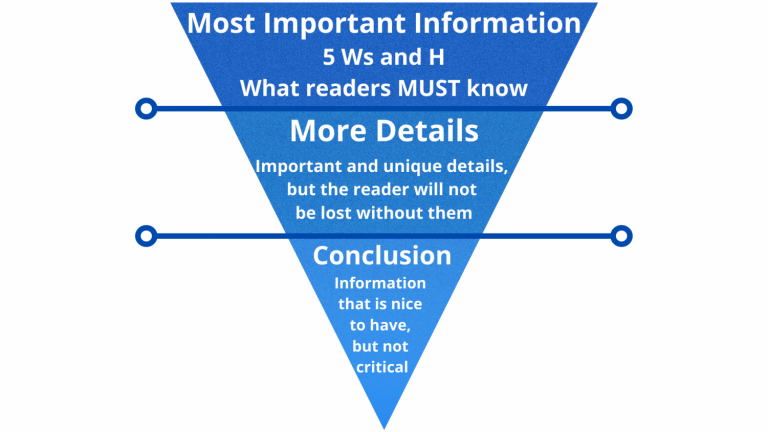Before I started at the best organisation in the world (Whitney Consulting), I completed a Bachelor of Arts degree, majoring in Journalism. Subsequently, I worked as a writer for the following organisations:
- The Albany Advertiser – sports reporter and feature writer
- The Rowing MagOZine – feature writer
- The West Australian – work experience. I had 3 articles published in the leadup to the 2008 Olympic Games.
- The WAIS website – blog contributions & magazine feature articles.
- The WACA – Communications Assistant
Since transitioning from journalistic writing to grant writing, I’ve discovered that while there are a lot of obvious similarities between the two forms (both should be easy to read and understand, grammatically correct and factual), there are also some key differences, including:
- Both forms of writing should answer the 5Ws and 1H (Who, What, Where, When, Why, and How), BUT they do it differently. Journalistic writing is most often written in a format called the Inverted Pyramid which answers the key facts as quickly and concisely as possible and concludes with the least important information (as illustrated in Figure 1 below), while a grant application should weave the facts through the answers to each question, using interesting and persuasive language.
- A news article typically describes what has already happened, whereas a grant application describes work that SHOULD be done.
- Journalism strives to be balanced and accurate, while grant writing endeavours to convey the absolute needs of the outlined proposal through the use of selected facts and relevant information. Essentially, without telling untruths, grant writing doesn’t need to give ALL the story, just the parts that persuade the funder!

Some other crucial things that you need to remember when writing your grant application are:
- Follow the guidelines!
- Answer all questions and address all relevant criteria.
- Do your research & support your statements with quotes or data.
- Make sure to use language that is easily understood by an assessor unfamiliar with your industry.
Use headings, subheadings and bullet points to make your application simple to follow.
Follow these tips to help you secure grant funding so you can stimulate positive change in your business or community.





